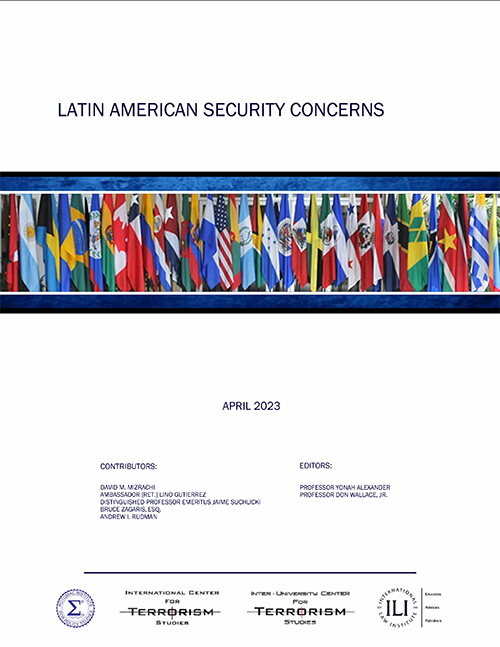Like any other world region, Latin America has faced two security challenges. The first stems from natural disasters, such as earthquakes and infectious diseases. The second consists of “man-made” threats including organized crime, terrorism, insurgency, and war triggered by internal and external adversaries.
Indeed, many factors have contributed to these dual security calamities. Aside from afflictions by Mother Nature, mention should be made of vulnerabilities created by porous borders; established smuggling routes; implementation at various times of Marxism, Leninism, Maoism, Castroism, fascism, and right-wing ideological models promoting dictatorships and military regimes; violating individual and collective human rights; weakening governmental institutions and the rule of law; sustaining corruption practices; and mismanaging scarce economic resources.
Some of the notable security-related concerns in Latin America several years prior to the Covid-19 pandemic include a landslide in Colombia that killed over 300 people; protests surrounding Venezuela’s Supreme Court ruling on the National Assembly’s power; Brazil’s Alcaçuz prison riot; an earthquake in Ecuador that killed over 650 people; and the assassination of a Mexico City mayor.
The security challenges in early 2023 are: Nicaragua’s canceled citizenship for 94 political opponents; an outbreak of dengue in Bolivia which killed 26 people; Ecuador being ranked as the least safe country in Latin America due to escalated gang violence, drug trafficking, and civil unrest; and in Peru, 48 citizens being killed as well as over 1,300 others injured while protesting the removal of President Pedro Castillo.

